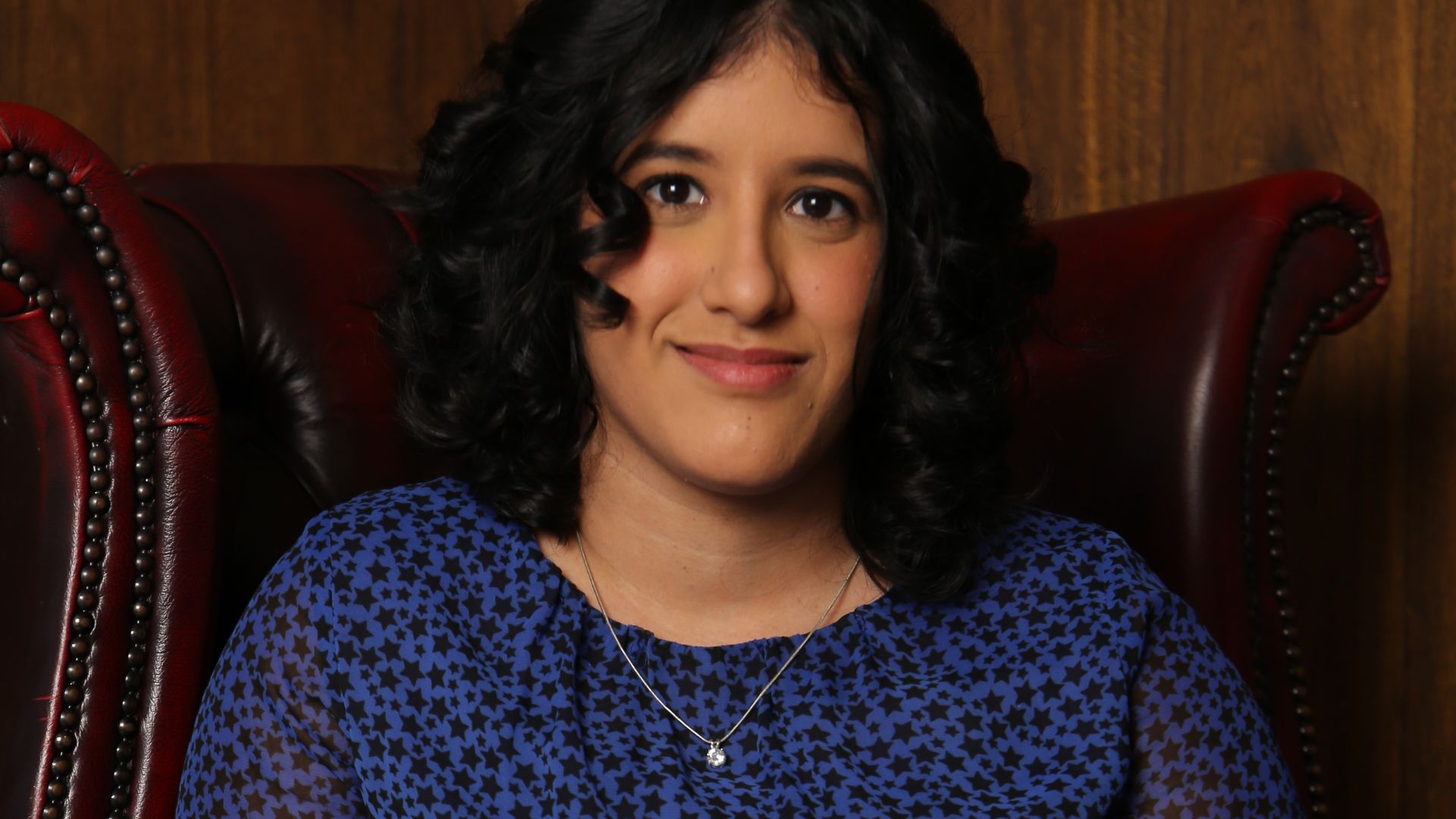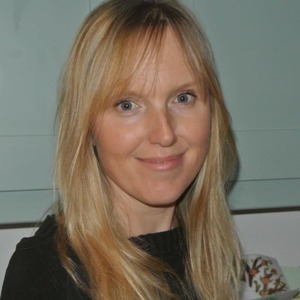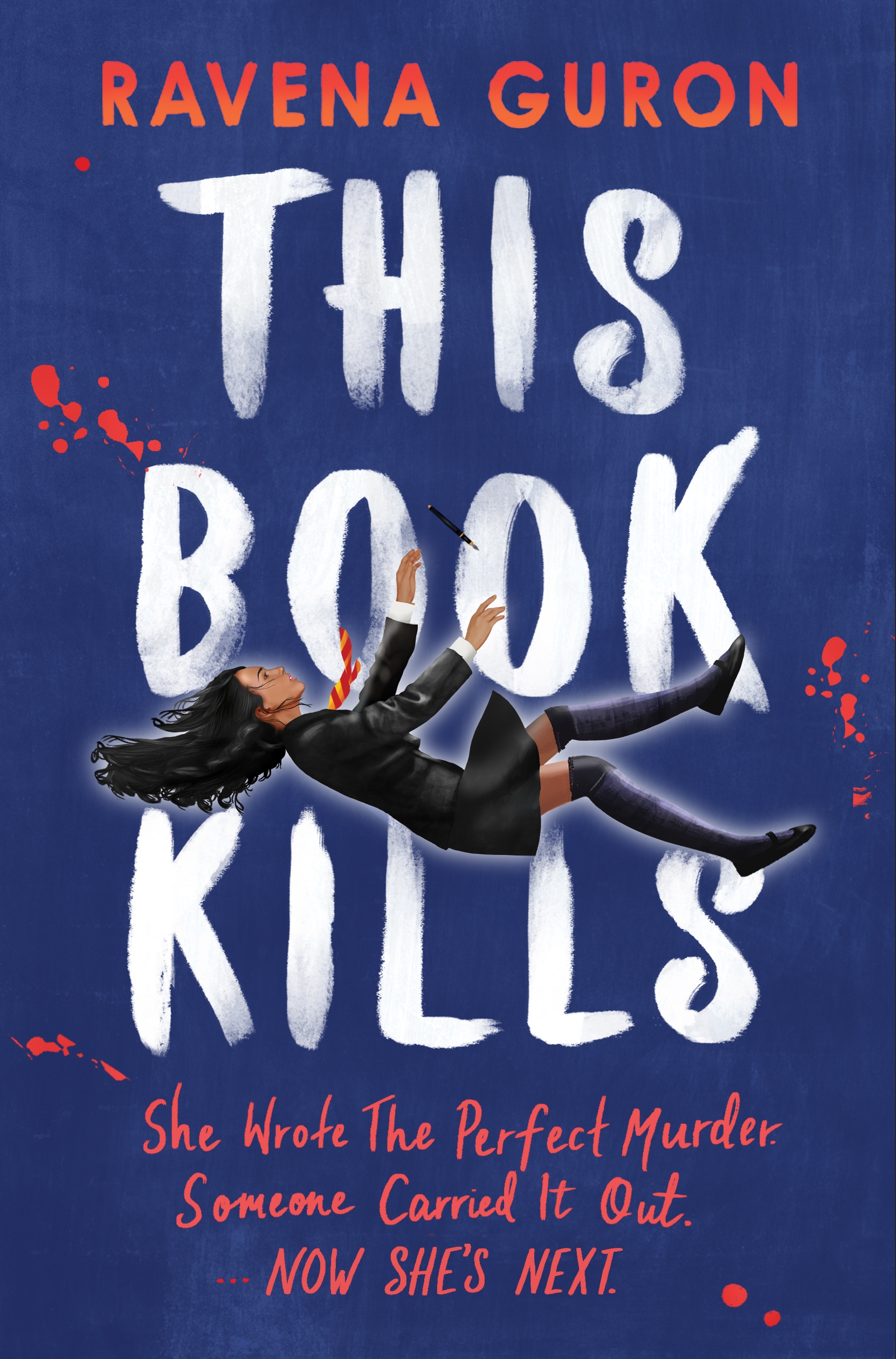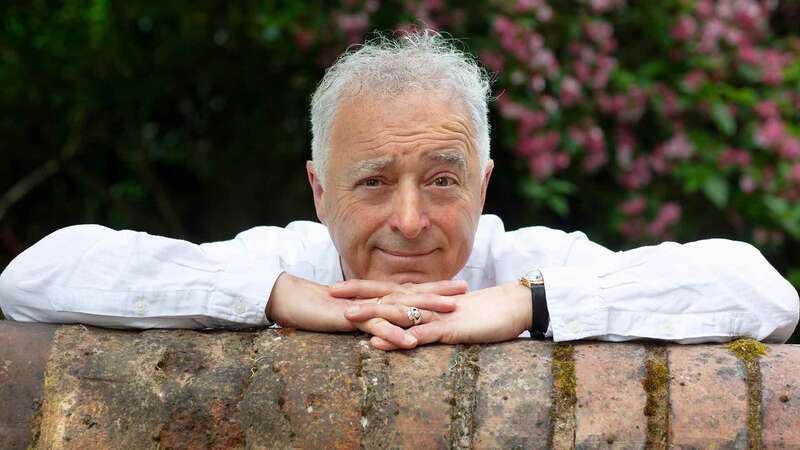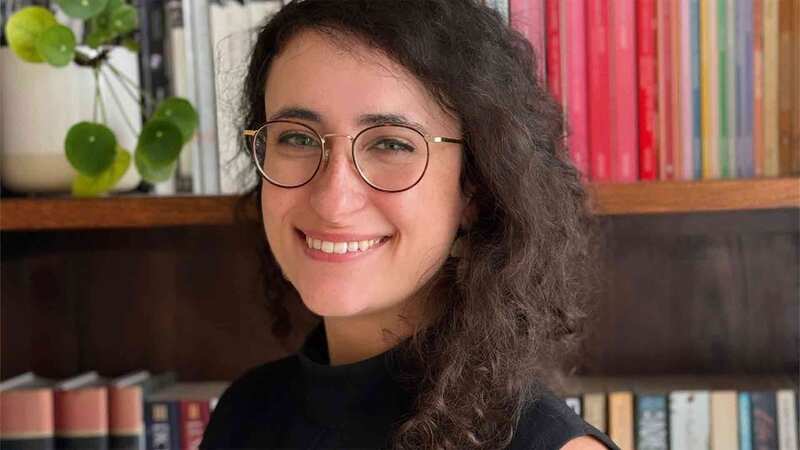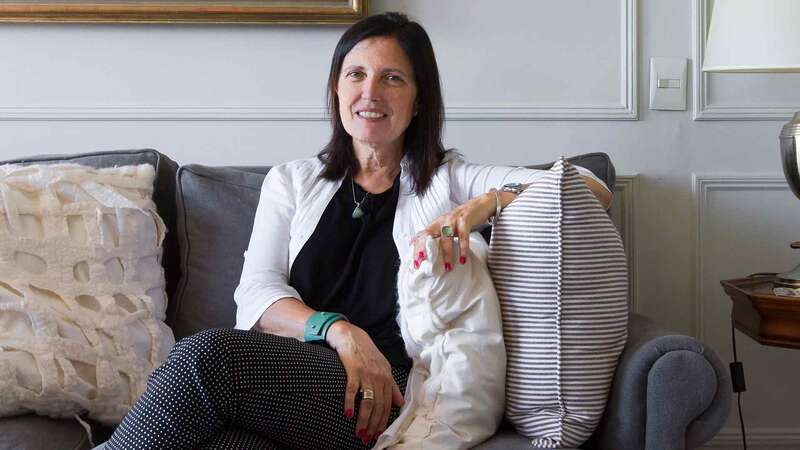You are viewing your 1 free article this month. Login to read more articles.
Ravena Guron talks about her YA debut, finding character voices and feeling like an outsider
Ravena Guron’s YA début is a thrilling murder mystery set in suffocating boarding school surroundings.
"Feeling that everyone else is in this exclusive club that you don’t fit into, it’s a universal theme.” Début author Ravena Guron is speaking to me over video call from her London home, before heading off for a stint at her day job as a lawyer. Her Young Adult novel This Book Kills will be published by Usborne in January, and was inspired by her experiences at law school, where she felt surrounded by people who had gone to private and boarding schools.
“I was looking around, wondering how I fit into that space, thinking, ‘What was the difference in your education? What did paying for it get you that it didn’t get me?’” The pressure cooker intensity of boarding school life offered Guron the perfect environment to explore this in her novel. “It’s so confined, you can’t escape other people; it’s a snapshot of what real life can be like.”
Her first draft came together very quickly, in the space of around three weeks. “The idea was there, I was gripped myself, and knew I had to keep writing.”
This Book Kills is set at the élite Heybuckle School, where the book’s narrator, Jess Choudhary, is a scholarship student. Jess’ policy has been to keep her record clean and fade into the background, but all that changes when one of her classmates, Hugh Henry Van Boren, is found dead in the woods, the murder set up to look like a scene from one of Jess’ short stories.
Her voice came quite easily, because I was writing from my own experiences of going to law school
Suddenly she is at the centre of the murder investigation, viewed with growing suspicion by the school board and pupils’ rich parents. Feeling the pressure, she begins to investigate the crime herself, catching the attention of the real killer, who is still at large. “Jess has to figure out who the killer is, or she will be next,” Guron explains. Jess establishes four main suspects: Tommy Poppleton, Hugh’s best friend, “who Jess has had a crush on since forever”; Summer Johnson, another scholarship student, described by Guron as “very intense and hyper-competitive. Although their positions in the school are the same, they respond very differently. Jess tries to fly under the radar; Summer wants to be the best and prove herself.” Finally there are the twins Arthur and Annabel Appleton, both very different—and intensely secretive. Lurking in the shadows is The Regia Club, the school’s secret society.
Learning the ropes
Guron may be drawing on some of the most popular YA tropes around—murder and boarding school—but it’s the character of Jess and her very distinctive voice that really sets This Book Kills apart. “Jess came very fully formed,” Guron tells me. “I knew who I wanted Jess to be. I wanted her to be a scholarship student, I wanted her to be British Indian, I wanted her to feel that she was on the outside. Her voice came quite easily, because I was writing from my own experiences of going to law school, feeling like an outsider.”
We see Jess treated appallingly by other students and adults alike, which posed particular challenges for Guron. Initially, it felt cathartic to have Jess voice her feelings in different situations. “I had to step back during the editing process,” she admits, “and ask if she would realistically feel comfortable saying these things out loud when her position is precarious and she feels that she’s this Indian kid in a very non-diverse school.”
Those thoughts became internalised instead, revealing Jess’ rich inner dialogue and her observant, often sarcastic personality. “She is perceived as a quiet character but she has got this big world going on inside of her.” As the book progresses, the reader hears more and more of Jess’ actual voice.
These characters are slightly ridiculous but incredibly deadly, too
In common with most crime writers, Guron is a self-confessed planner. “I knew the ending first and worked backwards from there,” she recalls, plotting chapter by chapter with one-line summaries of what would happen, where the clues were going to be—and the all-important red herrings, of course. She developed a love of cosy crime as a student, turning to the likes of M C Beaton’s Hamish Macbeth mysteries as light relief during exam revision, and she name-checks Juno Dawson’s Cruel Summer as a pivotal moment in her writing journey.
“I remember being so shocked that teens could do all the things I was reading about in adult mysteries, that that could happen in a Young Adult space.”
Her crime hero, however, is Agatha Christie, who, Guron says, changed the way she read books. Once a reader unable to resist turning to the ending first, reading Christie made her realise how intriguing the “hows and whys” could be. “With Agatha I learned the character motivations, why people do what they do. That’s a really big part of crime writing. You need that build-up and understanding.” Although her initial draft was written very quickly, the editing process enabled Guron to add layers and develop complex characters, exploring the psychological aspect of their motivations. We follow Jess as she tries to unpick the motives of those around her, delving into what turn out to be the very dark backgrounds of the other students.
A rich seam
The rich students have universally fabulous names, from murder victim Van Boren to classmates Clementine-Tangerine Briggs and Millicent Cordelia Calthrope-Newton-Rose. “I had so much fun with their names,” she laughs. “I had to be reined in slightly, but the whole world is heightened and non-realistic.” Taking things that these people might actually do and exaggerating them serves to emphasise Jess’ feeling as an outsider and reinforces their innate sense of privilege. “These characters are slightly ridiculous but incredibly deadly, too.”
Growing up, Guron was a voracious reader, citing Jacqueline Wilson and her “real issues” as an early favourite, but recalls “rewriting characters in my head so they had brown skin and would look like me, without really considering why I was doing that”. She continued to “dabble” in writing through a bio-chemistry degree and law school, eventually entering a YA fantasy into the WriteMentor programme, a scheme matching aspiring children’s writers with published authors.
Extract
I’ll make it clear from the start: I did not kill Hugh Henry Van Boren. I didn’t even help. Well, not intentionally.
Mum thinks I’ve got some latent trauma hanging around. She’s not a psychologist or anything – she just watches loads of documentaries, and believes that makes her an expert on everything. Apparently, writing down what happened will help me process. I think that’s a load of crap, but when I politely said that out loud, Mum got that steely look in her eye which said, Better do what I say, Jess Choudhary, or I will beat you with this slipper.
Mum’s never actually beaten me. She just threatens The Slipper.
Anyway, I’m going to pour the truth into this notebook, even though I’d rather forget the entire thing.
Let’s get cracking with my tale of misery and woe.
She was mentored by Lindsay Galvin, went on to secure her agent (Alice Sutherland-Hawes) and a two-book deal with Usborne who, she says, “have been so great at helping me develop my voice”. What does she hope readers will take away from This Book Kills? “The idea that your voice matters. Your background doesn’t matter, you can aspire to be anything. No one is more or less entitled to things that you want.”





